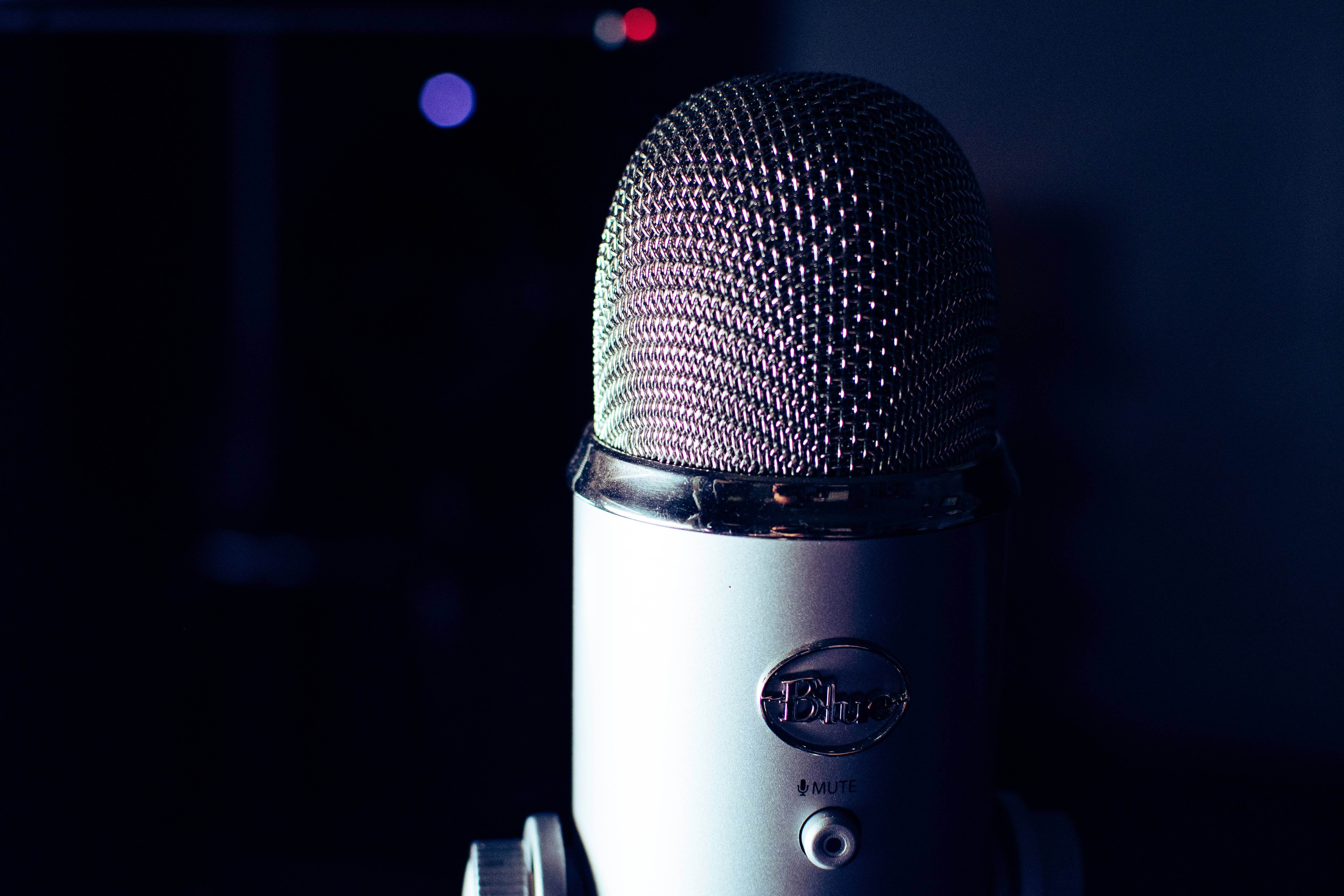You want to be rock stardom or a laid back passionate guitarist? Taking a deep breath not to just hear the music but listen keenly and deeply is art learned over time. It takes time to perfect how to tune a guitar.
Whether you own an acoustic or electric guitar, if you want to play a classical etude or just anything about the notes in mind, getting all the notes right while on your frets can be a passionate experience to compliment the mantra.
The last thing you need is an out-of-tune guitar that sends your practice session into a mess or ruins your much-anticipated gig.
Therefore, besides many apps available today to see you through the bustle you need to take time to understand the basics from finger positioning, strumming, and using the frets to adjusting the pitch of a note or altering the note of a string to a completely whole new sound.
Additionally, surrounding humidity, temperature fluctuations, your expertise and so many other factors do affect the notes you are going for at any given time.
How to learn all the notes on the guitar
The process of getting the notes right should be fun and rewarding in the aftermath. Pay attention to these steps to go about your notes without any much strain.
Step 1: Basics when getting your guitar
Firstly, you just need to learn how to hold your guitar right. Before opting to buy one, consider hiring or borrowing one for the sake of learning.
You can equally seek expert advice to understand the notes quickly. I started with a hired acoustic guitar before advancing to my own electric guitar. I ultimately ended up liking electric guitars because they produce a wide range of sounds and tones.
Remember, a cool guitar isn’t necessarily a great one for your notes. Test out your guitar on how it responds to your hands before buying it.
Step 2: How to pick up into learning all the notes
- The notes on your guitar are produced by the strings of your guitar. Simply, start by learning notes one string at a time instead of all them on the fretboard at once.
- Most experts equally advocate the use of mnemonic devices for quick memorizing of all the guitar notes.
- I suggest at this point you place your guitar right in front of you do this. I have always noticed playing every specific note while rehearsing it out loud helps a great deal.
- Start with open notes (the act of strumming a string without necessarily fretting). Understand the natural notes first before proceeding to the sharps and flats on your fret.
- You can equally memorize the notes by going through them both forwards and backward for easy identification of the note you need quickly.
- Learn the names of the notes vertically, fret at a time. Visualize the notes on the string on your head with regular practice to help you understand all the notes.
- Additionally, remember guitar strings are tuned in intervals of quarters, by beginning with the lowest pitched string.
- Get to know the basic picking and fingering techniques. For normal tuning, the strings that usually are close from you will be represented by E, A, D, F, G, B and E notes.
- You can feel other notes while pressing the strings downwards before the metal fret as you pluck the string or those close to your guitar neck, the body of the guitar or high notes by trying those strings that are close to your guitar head.
Step 3: Tips to getting to know specific notes
- Usually, the E string, located at the top of your guitar is the heaviest and deepest. Remember, when going about your desired notes, strings get thinner increasingly as their notes increase higher in pitch.
- You can easily achieve your notes of interest by utilizing the A, D, G, B, and E notes correspondingly.
- I need of a two octave up note away from the E note, use the thinnest string, usually positioned on a standard guitar at the bottom.
- Check out the diverse fret marks on your guitar, one and a half step representation on the guitar musical scale.
- Place your hand on a fret close to the guitar bridge if you want to play a high notched pitch. Normally, you can also use the low E to bring out an F sharp note.
- By holding down the first fret while keen on the low E string, you can be able to produce an F, holding down the second fret will enable you to produce an F#.
- A third fret will produce a G while the fourth a G#. While on the low E string, utilize the seventh fret to realize a B note.
- Lastly, if you want a C note, use the eight fret. The same can be practiced or applied on all the remaining specific five strings as you advance and adjust into the notes that suit your taste, style of play and preferences.
Whether you are a novice or a beginner, understanding all the notes and how they coordinate together. This will help you also be a step ahead in creating chord progressions and finally achieve the right sound for your song.
To become a great guitarist, once you have perfected the art of playing along with fingering within an octave, try always doing the same reverse. You can start with the first note on the first string and work down in pitch in the same interval of fingering too. Don’t forget to listen to your sound for the right progress.
Practice patiently while utilizing your fretboard chart for an overtime mastery of every note. An expert advice is to look regularly at your notes while playing. You can use a tuner to help you measure the toe of all the notes. This will also assist you to get to know how exactly each note sounds when tuned as preferred with time and how the notes connect to the specific strings when strummed.
Whichever way you like it, this leads to a thrilling experience even with different types of guitars. This is how playing all the notes can help you become an informed guitarist passionate to the songs that are infectious to the souls.
Read More :






















